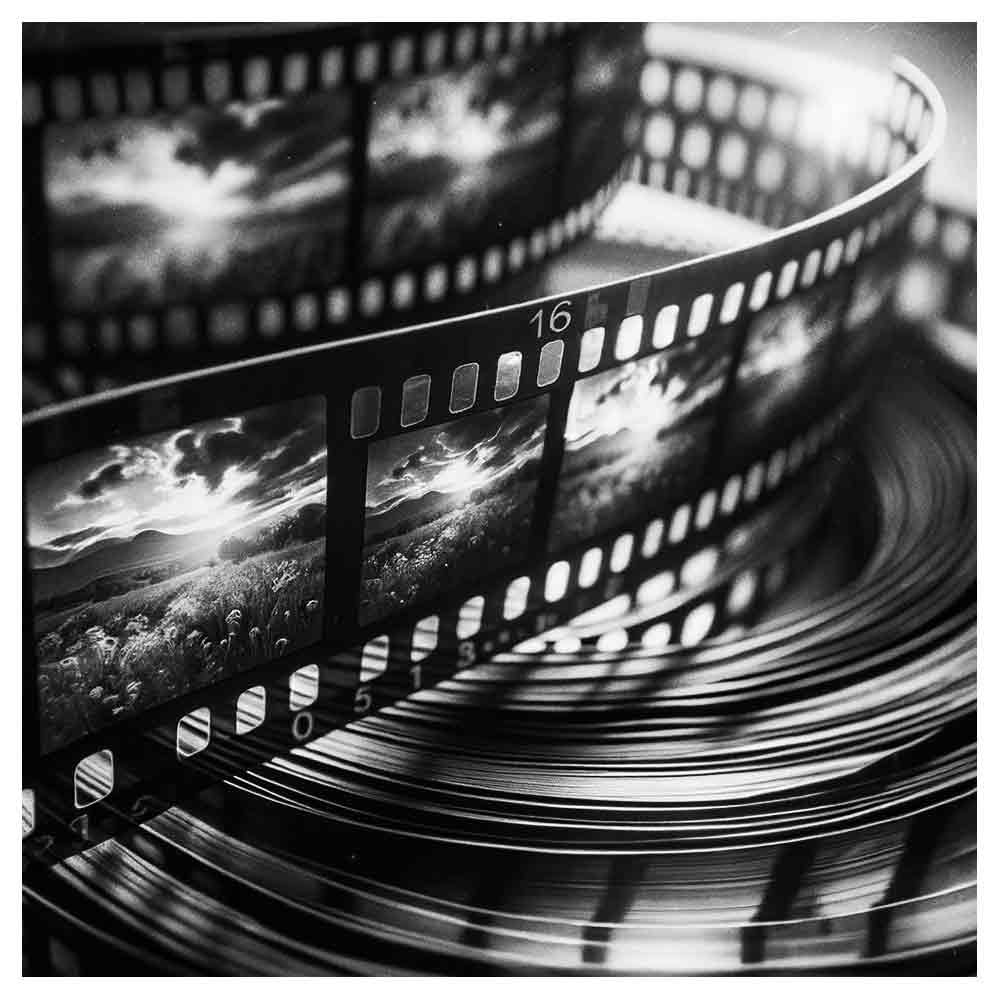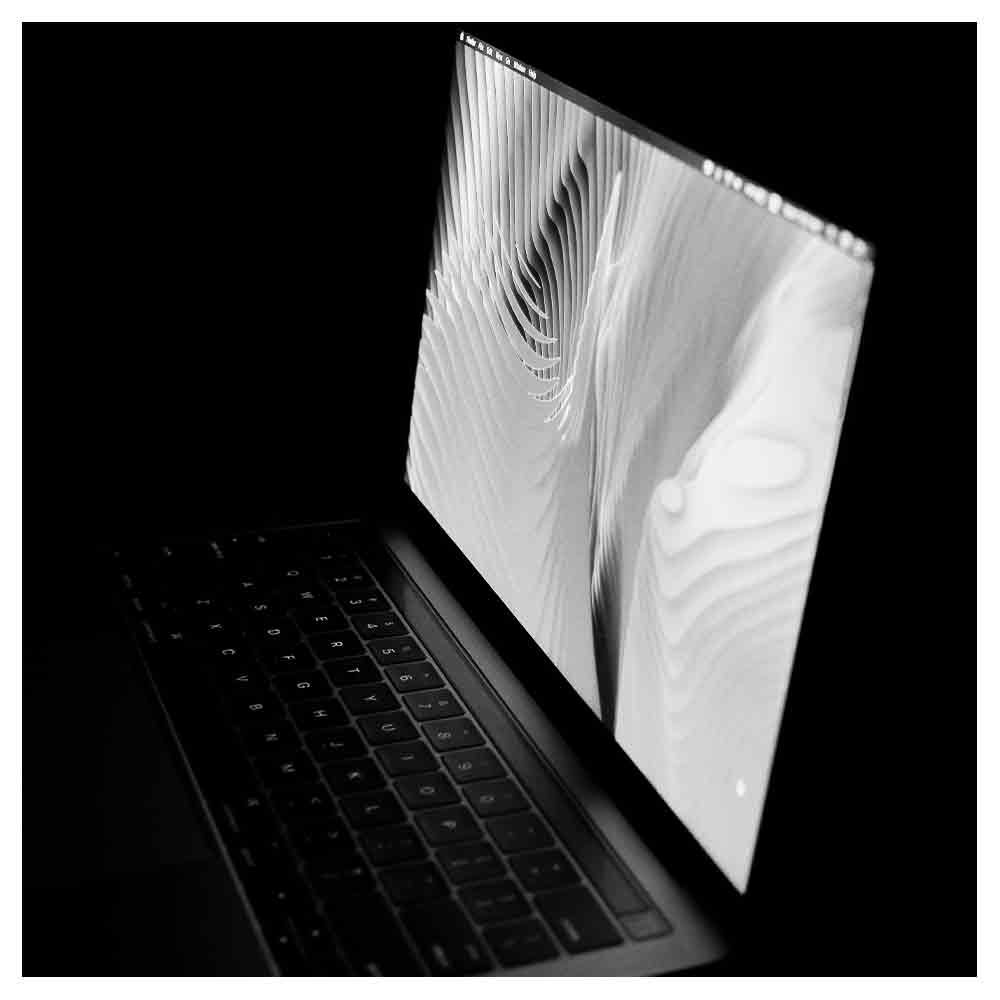12 Quick tips For Filming On A Boat
Although I've never filmed a project on a boat, I have all the boat licenses to drive a ship up to 25 meters on the open sea everywhere on the planet and lots of boating experience cruising rivers, canals, the Mediterranean sea, and the Persian Golf.
In this blog post, I wanted to share twelve practical tips I would consider if I wanted to take the costly and productional challenge of filming a project on a boat!
12 quick tips for filming on a boat
Use a Seakeeper
Keeping your drinks steady without tipping over is not easy on a boat. Can you imagine holding your camera steady while the wind, waves, and current influence your balance?!
Wind, waves, currents, and wildlife will cause the background and direction of the sunlight never to be the same. So, in a nutshell, it's a consistency nightmare…
Therefore, if I wanted to film a film production on a boat, I would use a boat equipped with a Seakeeper. This gyroscopic stabilization tool is designed to counteract the ship's roll and keep it as stable as possible.
Especially on the sea where the waves can be frighteningly big, I assume this can be a potential lifesaver for filming!
Bring lots of money
Boating is a niche market, and everything related to boating costs a lot of money. So, regarding the production budget for filming on a boat, be aware that everything is expensive. Very, very expensive! From fuel to boat rentals, to the boat crew, to maintenance, to damages, docking fees,… Everything requires specialists and therefore costs much more than things that move over land.
Hire a great captain
If I rent a boat for film production, I would make sure to have a great captain who understands what you want as a filmmaker and has good knowledge of the local area, like tides, sandbanks, and local restrictions.
I’ve experienced that if you don’t know the area well, you might run into sandbanks when it’s low tide, and it can become tough to get out of there.
Even worse, you might run into a sandbank and have to wait until it becomes high tide again (which can be 12 hours later!!).
Also, ensure that at least one crew member is a qualified VHF operator if you ever make a mayday broadcast. This special portable radio can get you in touch with the coast guard or other nearby ships.
Be prepared to reschedule
Being on open water with lovely sunny weather is a fantastic experience. But, when the wind picks up or the wind direction changes unexpectedly while on the open water, mother nature can turn boating into a horrifying experience.
During many of our boating trips, I've experienced that the weather conditions can change rapidly on open water, and a calm sea can turn into rough waters in less than an hour.
Although weather apps can help forecast potential rain showers and other bad weather conditions if it seems like it’s not going to be optimal weather conditions for filming, be prepared to reschedule the shoot. I would keep a one or two-day window to reschedule due to bad weather conditions.
Use wind filters
In my experience, there is nothing worse than bad audio when watching a video production.
That's because you can keep watching a video with good audio and crappy imagery, but not the other way around. You can't watch something with bad audio and great imagery. Our human brains just can't handle lousy audio.
Because you're at the mercy of mother nature on a boat, there will always be some wind, and wind can destroy your audio. So, I would make sure to use a microphone wind cover on all my audio recording devices to filter the noise of the wind. These things look like dead cats and can be bought or rented for almost any type of microphone nowadays.
Stabilize the camera
Being on the water, the camera and the horizon will never be horizontally stable because of the wind and waves. The background will go up and down in most cases.
If I wanted to film someone talking while on a boat, I would make sure I would work with a gimbal or other stabilizer to minimize the camera's movements and prevent a seasickness experience for the audience.
Use splash bags
Another thing I would consider to protect the camera equipment is using waterproof protection like splash bags. These are specialized camera bags to keep the camera tools safe while filming.
Take seasick pills
Another thing I wouldn’t forget is to take some anti-seasick pills on the boat trip to keep the crew up and running. One of the downsides of seasickness is that you’ll have to throw up a lot. Especially on open water and in the blazing sun, you can quickly get dehydrated.
Use mostly wide angles
In the end, a boat is a tiny space, so your camera angle options are limited. You can't bring tons of gear, and you are always at the mercy of mother nature.
To keep the camera motion on open water to a minimum, another trick I would consider in preparation for the shoot is to stick to a wide-angle lens and avoid close-ups as much as possible.
Take enough batteries
As there probably won't be many opportunities to charge the camera batteries because I would be dependent on the boat's battery, I would make sure to bring enough camera batteries on board.
While boating, I’ve seen lots of boats that had to be towed back to the harbor by other boats because their batteries died because they left their fridge, lighting, or other electronic equipment on for too long.
Film in the harbor
I would dock the boat in the harbor for all the (close-up) shots where the background doesn’t matter and film all the close-ups. Inside the harbor, you usually have access to electricity, food, heating, toilet facilities, and everything else, making film production much easier (and cheaper).
Take a small crew
And last but not least, because the space on a boat is minimal, I would try to keep the crew to a minimum. The fewer souls on board, the faster you can work and the cheaper it will be.
Conclusion
Filming on a boat can be a fun and unique experience, but it comes with its own challenges. By following these tips, you'll be able to film on a boat like a pro and create amazing footage that your audience will love.

































